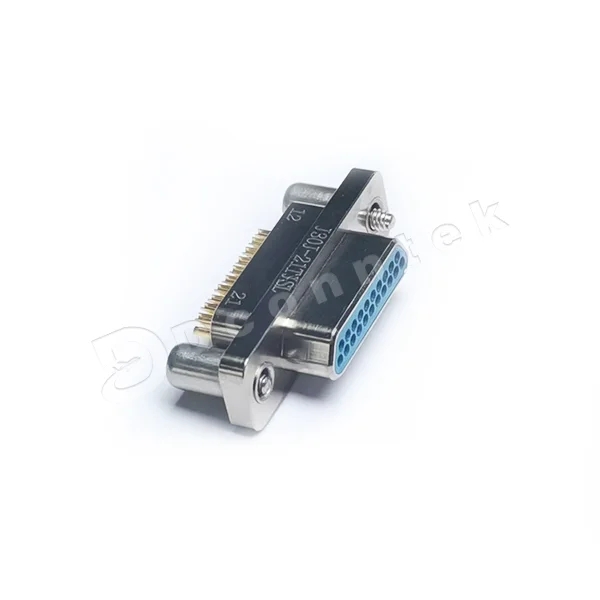In today's world, ensuring the quality and safety of drinking water has become a paramount concern. With numerous filter options available in the market, it can be challenging to determine the best type of filter for drinking water. In this blog post, we will delve into the various types of filters and their effectiveness, ultimately revealing the most suitable filter for ensuring clean and healthy drinking water.
- Understanding the Importance of Water Filtration:
Before exploring the different types of filters, it is crucial to comprehend the significance of water filtration. We will discuss the potential contaminants present in tap water, including bacteria, viruses, heavy metals, pesticides, and chlorine. By understanding these risks, we can better appreciate the necessity of a reliable water filter. - Exploring Different Types of Water Filters:
a) Activated Carbon Filters:
Activated carbon filters are widely used due to their ability to remove chlorine, volatile organic compounds (VOCs), and unpleasant odors. We will delve into the working mechanism of these filters, their limitations, and their effectiveness in removing specific contaminants.
b) Reverse Osmosis Filters:
Reverse osmosis filters employ a semi-permeable membrane to remove a wide range of contaminants, including heavy metals, bacteria, viruses, and dissolved solids. This section will discuss the pros and cons of reverse osmosis filters, their maintenance requirements, and their impact on water taste.
c) Ceramic Filters:
Ceramic filters are known for their ability to remove bacteria, cysts, and sediments from water. We will explore the intricate filtration process of ceramic filters, their longevity, and their suitability for specific water sources.
d) UV Filters:
UV filters use ultraviolet light to disinfect water by deactivating bacteria, viruses, and other microorganisms. This section will highlight the advantages and limitations of UV filters, their energy consumption, and their compatibility with other filtration methods.
- Determining the Best Filter for Drinking Water:
After analyzing the different types of filters, we will evaluate their effectiveness in removing specific contaminants, their maintenance requirements, and their overall cost-effectiveness. By considering factors such as filtration efficiency, filter lifespan, ease of use, and cost, we will identify the best filter for drinking water. - Additional Considerations for Optimal Water Filtration:
To ensure comprehensive water filtration, we will discuss the importance of pre-filtration, post-filtration, and regular filter maintenance. This section will provide practical tips for prolonging the lifespan of filters and maximizing their efficiency.
Conclusion:
In conclusion, selecting the best filter for drinking water requires a thorough understanding of the available options and their respective strengths and limitations. By considering the specific contaminants present in your water source, your budget, and your preferences, you can make an informed decision. Remember, clean and healthy drinking water is essential for your well-being, and investing in a reliable water filter is a step towards achieving that goal.






